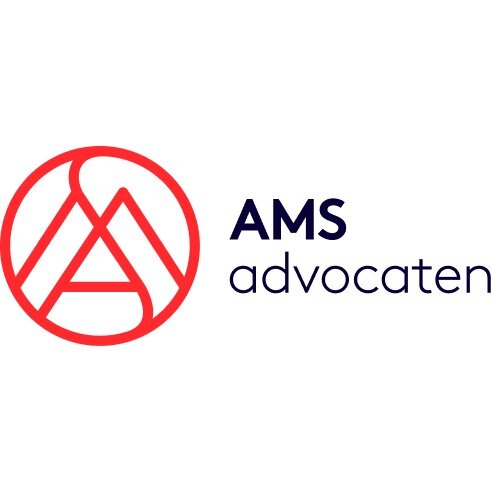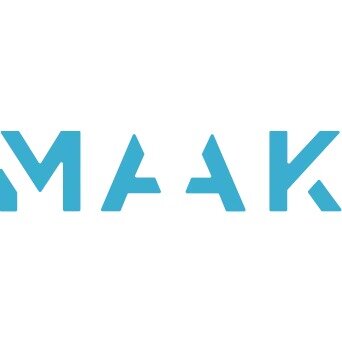Best Lawsuits & Disputes Lawyers in Amsterdam
Share your needs with us, get contacted by law firms.
Free. Takes 2 min.
List of the best lawyers in Amsterdam, Netherlands
About Lawsuits & Disputes Law in Amsterdam, Netherlands:
The legal landscape around lawsuits and disputes in Amsterdam, Netherlands, adheres to Dutch civil law. It includes areas such as contracts, property disputes, debt collection, commercial litigation, and landlord/tenant disputes. The process is often initiated by an aggrieved party filing a lawsuit in court, with the opposing party given a chance to respond. Dutch courts are known for their structured, fair, but relatively lengthy legal process. The importance of obtaining legal representation cannot be overstated, due to the complexity and nuances of Dutch civil law.
Why You May Need a Lawyer:
Retaining legal representation can significantly affect the outcome of a lawsuit or dispute. A lawyer can help navigate through the complex Dutch legal system, complete paperwork accurately and on time, negotiate settlements out of court, and represent your interests effectively in court. Scenarios where legal help may be required include breach of contract, property disputes, evictions, neighbor disputes, or when suing for damages.
Local Laws Overview:
Local laws in Amsterdam that pertain to lawsuits and disputes generally fall under the Civil Code (Burgerlijk Wetboek). This includes rules around contracts, torts, and personal and property rights. Additionally, The Code of Civil Procedure (Wetboek van Burgerlijke Rechtsvordering) provides guidelines on the process of conducting lawsuits. The Dutch judicial system also encourages mediation - an alternative dispute resolution procedure - before proceeding to court.
Frequently Asked Questions:
What constitutes a contract in Amsterdam?
In Amsterdam, and the Netherlands at large, a contract forms when two or more parties reach an agreement and each makes a promise or undertakes an obligation to the other.
How long do legal proceedings usually take?
The length of proceedings can vary depending on the complexity and specifics of the case, but typically a case would take between 6 to 12 months in court.
How are property disputes resolved?
Property disputes usually involve contracts and may be oftentimes resolved through negotiation. Should that fail, mediation or filing a lawsuit come into play.
How does debt collection work?
An attempt to recover the debt out of court is typically the first step. If unsuccessful, the creditor may then file a claim in court and if the court rules in their favor, it may seize the debtor's property or assets.
Can a foreigner bring or defend a lawsuit in Amsterdam?
Yes, foreigners can both bring and defend a lawsuit in Amsterdam. However, the language of the court is Dutch, highlighting the need for an English-speaking legal representative.
Additional Resources:
The Netherlands Bar (De Orde van Advocaten) can provide assistance in locating a suitable lawyer. For those who cannot afford representation, the Legal Aid Board (Raad voor Rechtsbijstand) might be contacted. Finally, the Judiciary of the Netherlands' website provides additional information about the Dutch legal system.
Next Steps:
If you're facing a lawsuit or dispute in Amsterdam, your first step should be to seek legal advice. Dutch law encourages negotiation or mediation as a first step. If no resolution is reached, legal representation will be crucial. Depending on your financial situation, this could either be a private attorney or through the state-subsidized Legal Aid Board.
Lawzana helps you find the best lawyers and law firms in Amsterdam through a curated and pre-screened list of qualified legal professionals. Our platform offers rankings and detailed profiles of attorneys and law firms, allowing you to compare based on practice areas, including Lawsuits & Disputes, experience, and client feedback.
Each profile includes a description of the firm's areas of practice, client reviews, team members and partners, year of establishment, spoken languages, office locations, contact information, social media presence, and any published articles or resources. Most firms on our platform speak English and are experienced in both local and international legal matters.
Get a quote from top-rated law firms in Amsterdam, Netherlands — quickly, securely, and without unnecessary hassle.
Disclaimer:
The information provided on this page is for general informational purposes only and does not constitute legal advice. While we strive to ensure the accuracy and relevance of the content, legal information may change over time, and interpretations of the law can vary. You should always consult with a qualified legal professional for advice specific to your situation.
We disclaim all liability for actions taken or not taken based on the content of this page. If you believe any information is incorrect or outdated, please contact us, and we will review and update it where appropriate.
Browse lawsuits & disputes law firms by service in Amsterdam, Netherlands
Amsterdam, Netherlands Attorneys in related practice areas.











